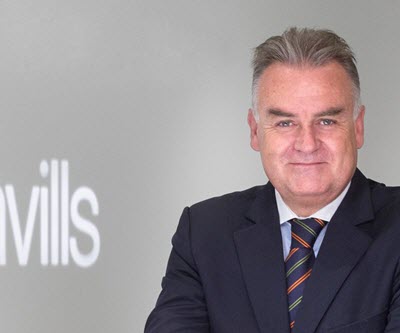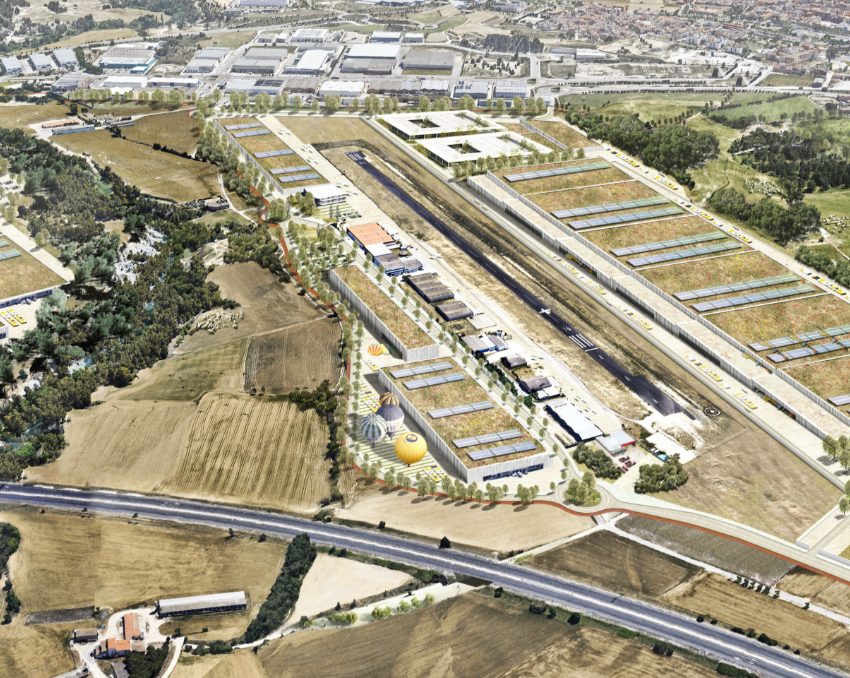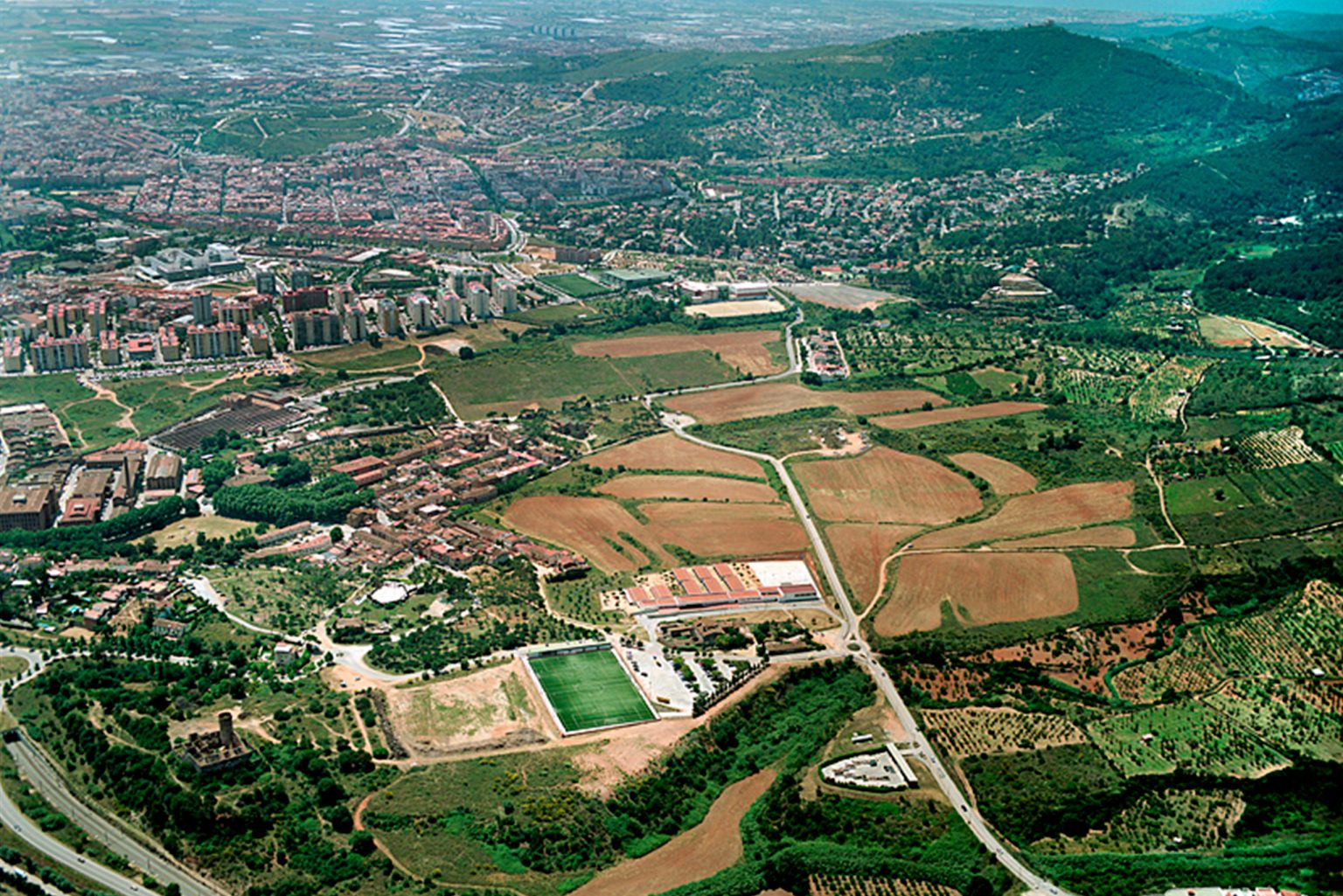23
November
2016
Share on networks
Interview: Arturo Diaz

Arturo Díaz – Corporate Director and Barcelona CEO – SAVILLS
In July of last year, British real estate consultancy Savills opened an office in Barcelona, joining the one the company already had in Madrid.
To what extent did the interest of international investors influence the choice to open the new Savills office in the Catalan capital?
The interest of our international clients in the Barcelona real estate market was absolutely decisive. The character of the city, its location, tourism, industry and its position in terms of innovation, technology and talent, along with prices that are currently lower than in other European cities, are all factors that make Barcelona a very interesting market for international investors.
In general, what are the main figures regarding Savills in terms of services, global presence and offices?
Savills is an international real estate consultancy that is traded on the London Stock Exchange, with more than 30,000 employees at 700 offices and associates around the world. We strive to become the benchmark consultancy in every market where we operate, and are highly focused on our clients. We are not aiming to be the biggest but to provide the best service. We base our work on analysis and experience. Our teams are characterized by their seniority, with extensive experience and knowledge of each local market. In Spain, we focus on tertiary real estate and, globally, we also specialize in luxury residential properties. We offer highly specialized guidance for investing, agency for offices and retail spaces locally and for international expansion, workplace consultancy, consultancy and appraisal services, and property management.
What makes up the bulk of Savills’ business in Barcelona and what is the company’s goal for this office?
In Barcelona, we have started with two core lines of business for the company: investment and offices. The aim is to grow organically, depending on the evolution of the market and in collaboration with our office in Madrid and the Savills global network. For example, we are ranked third in the nation in terms of appraisals. We offer this service anywhere. In terms of corporate services, we can also help our clients with their international expansion plans.
What is the profile of investors: where does the capital come from and what type of products are they looking for in the city?
The situation is really quite different from what we’ve seen in other cycles. We can say that the source of the money is truly global, with much interest, as is normal, from local family offices, in combination with international institutional investors, with a different risk profile, and some national institutional investors returning after overcoming the financial difficulties resulting from the recent recession. To this we must add the strong presence of REITs and the return, ever stronger, of money for residential development, both from here at home and abroad. Given both the wide range of profiles and origins – from all continents, for the first time ever – we can say that our market today is truly global.
From your point of view, what is the situation in the office and logistics sectors, specifically, in Barcelona and Catalonia?
In terms of the office market in Barcelona, we can say that it looks promising. Rents are rising and the stock available, especially of high-quality properties, is returning to all-time lows. Last year, leasing of office spaces skyrocketed and we expect these figures to drop this year, mainly due to a lack of available properties. Now would be the time to think about starting new projects, but very few people have done so. In short, we expect positive results in the segment in the short and middle term.
Logistics is undergoing a similar situation, although even more extreme. The number of quality assets in our market is practically zero. And the problem is the scarcity of land for this type of development. From an investment standpoint, demand is extremely high, but the products available don’t always meet its requirements. And when they do, they tend to be in a less desirable location as a result of developments being forced to move further and further from the city.
Looking to the future, what will be the trend in the real estate sector in the middle term and what challenges and difficulties must be overcome?
Clearly, after the restructuring of the residential sector on all levels, with price correction and lessons learned regarding financing, we expect to see more rational growth in the sector, both in terms of new development and rehabilitation. Regarding the tertiary sector, we will continue to see great interest in traditional markets, such as retail, offices and hotels, as well as logistics, as we mentioned before, plus an important surge in alternative assets like residence halls for students and the elderly, hospital care centers and, why not, others like buildings for funeral services and public administration in general. These segments are less mature and offer higher return than traditional ones.









Subscribe our Newsletter
Subscribe
Follow us on social